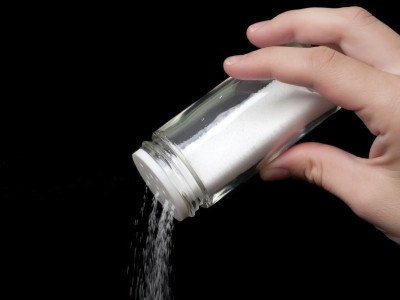Action on Salt calls for National Food Strategy reductions

Action on Salt, based at Queen Mary University of London, warned the Government that if lives were to be saved, a robust plan of action must be enforced without further delay.
The expert group has delivered a very detailed evidence-based plan to inform this first major review of the UK food system in nearly 75 years.
The recommendations have been adapted from those previously provided by the Food Standards Agency (FSA), whose world leading salt reduction policy resulted in a reported 20-40% reduction in the salt content of many food products between 2003 and 2011.
Transparent monitoring
Key elements include setting gradual, achievable and progressively lower salt targets for different categories of food for the whole food industry to follow. Mandatory annual, transparent monitoring reports to enable accurate tracking of food industry progress, inform policy and maintain momentum were also urged.
In addition, the group called for fiscal measures, such as levies on industry, to be applied to the main contributors of salt to the UK diet, including categories such as processed meat, in order to drive reformulation.
Public Health England’s 2018 analysis highlighted that only 43% of meat products had met their targets, but the category contributed over 25% of daily salt intake in adults.
In addition, Action for Salt called for mandatory front-of-pack traffic light labelling, plus a review of labelling in other countries in terms of evaluating and measuring impact. Furthermore, it urged a renewed Focus on Public awareness for salt as part of its Change4Life campaign.
Since 2009, there had been no national messages on the importance of reducing salt in the diet, the organisation said.
Retail targets
The Department of Health and Social Care (DHSC) has also been called upon to release guidelines to recommend use of potassium salt, with stricter salt reduction targets for the out-of-home (OOH) sector, aligning them with retail targets, also on the agenda.
Graham MacGregor, professor of Cardiovascular Medicine at Queen Mary University of London and chair of Action on Salt, said: “Reducing salt is by far the simplest and most cost-effective public health measure to improve health and reduce incidence of cardiovascular disease, as evidenced on a global scale.
“The deaths that have occurred due to inaction, which would have largely been preventable, is a tragedy for public health, and accelerates the urgent need for salt reduction. The Secretary of State for Health must now commit to setting new and ambitious salt targets for 2020, with strict monitoring mechanisms to ensure all members of the food industry comply.















